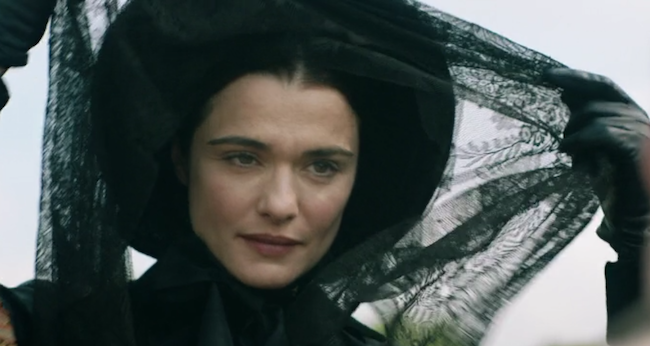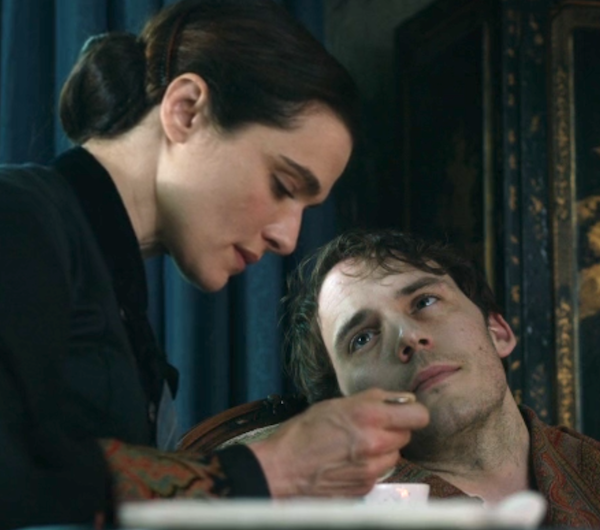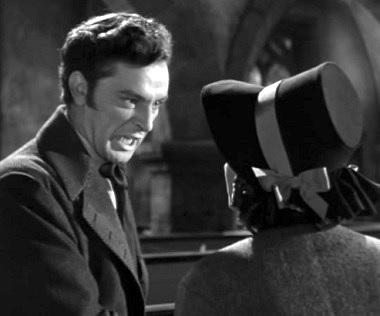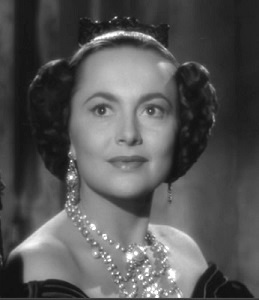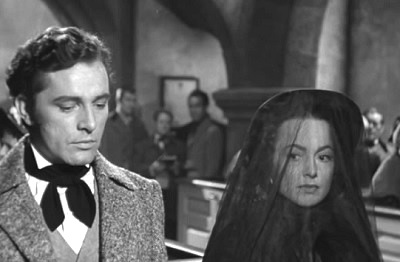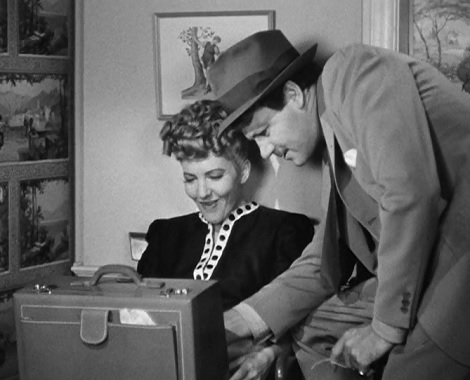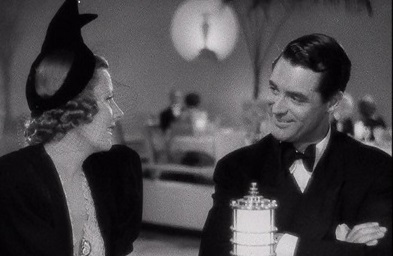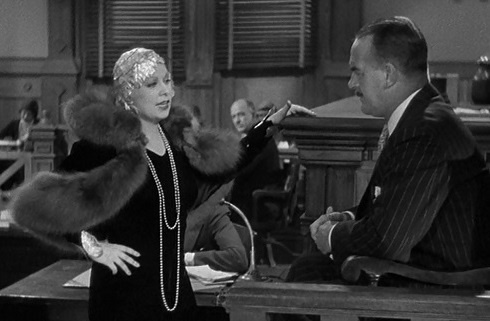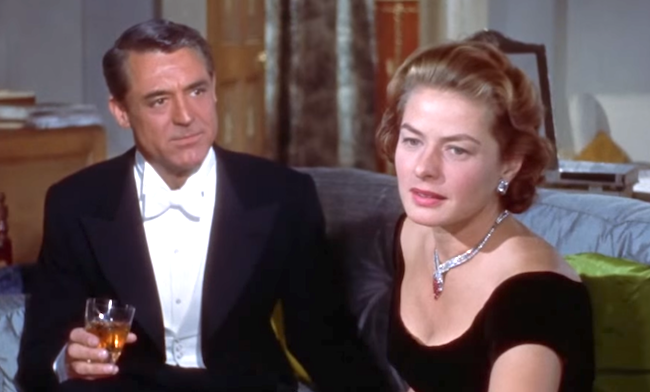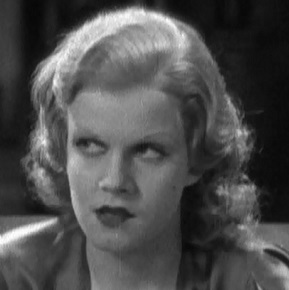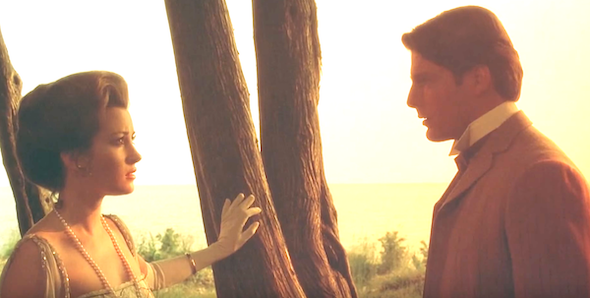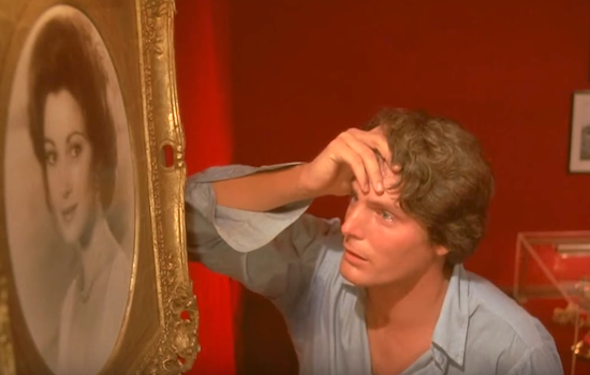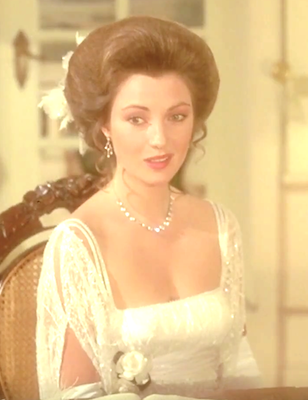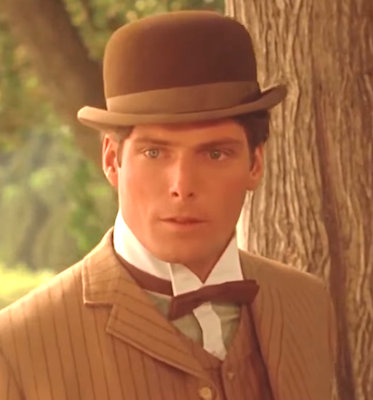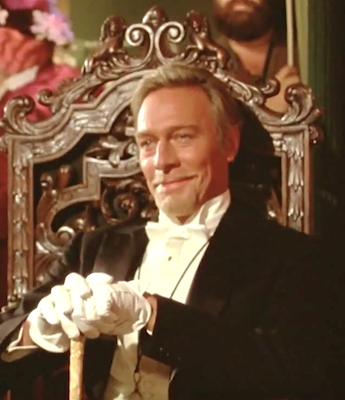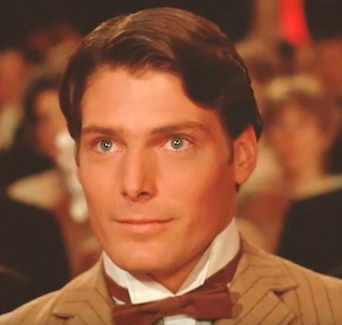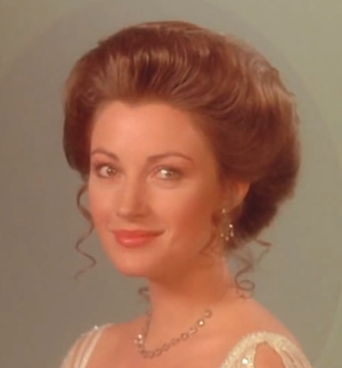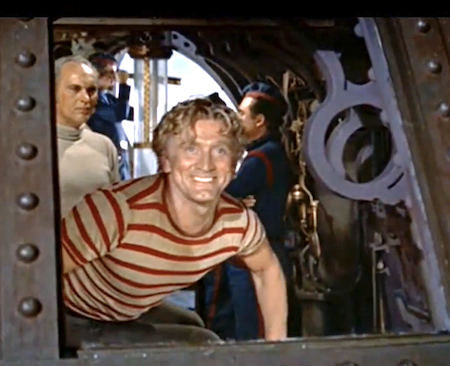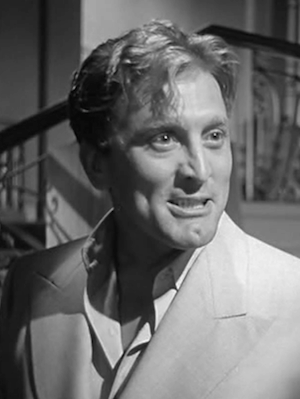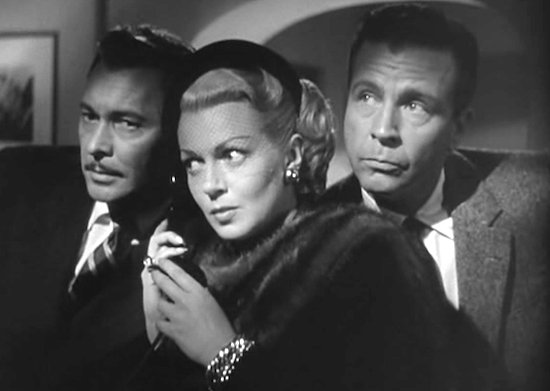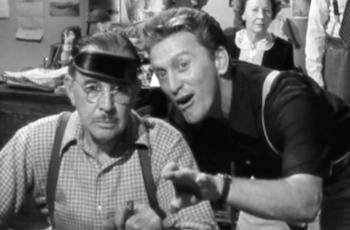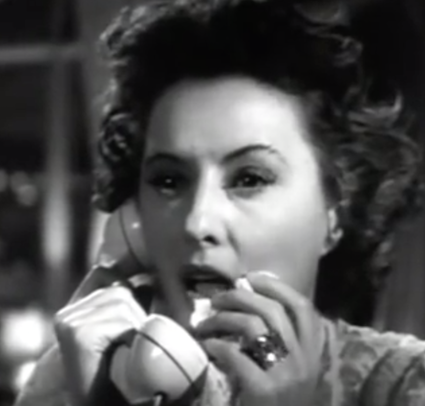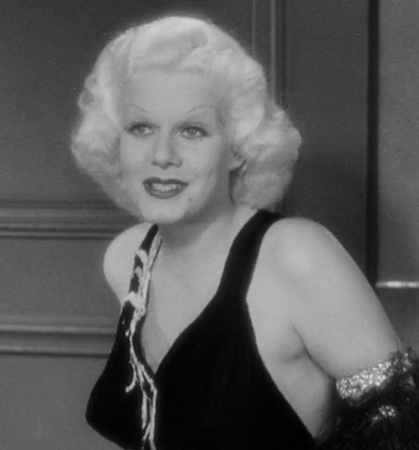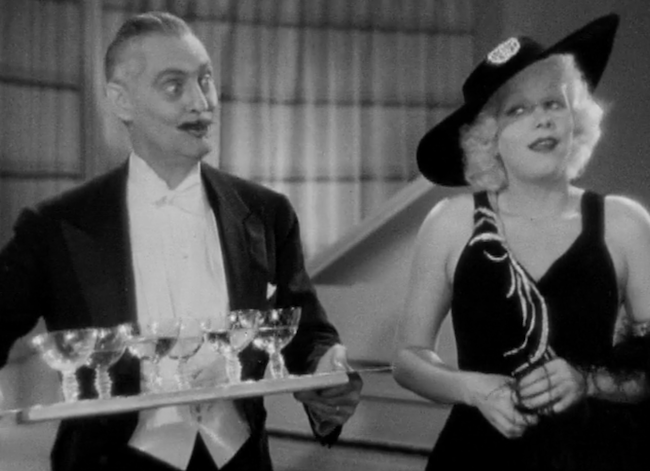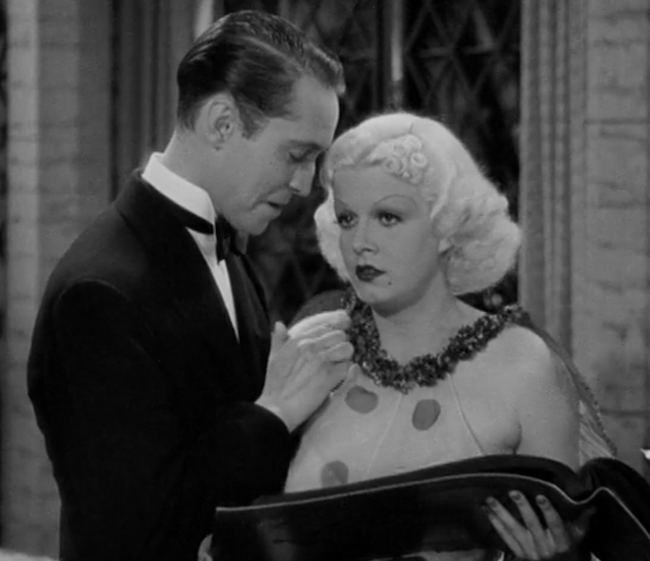Film on Inspiring Feminist Hedy Lamarr
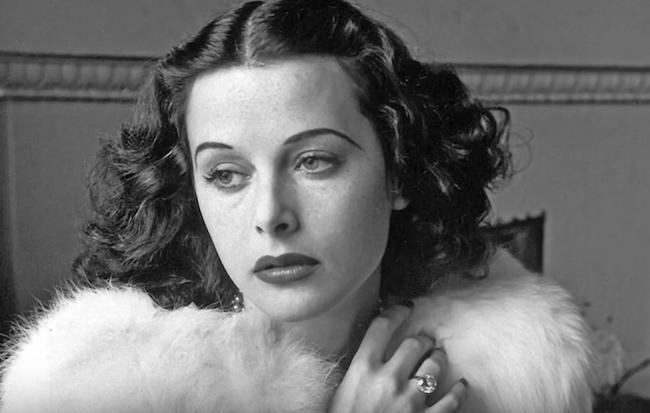
Bombshell: The Hedy Lamarr Story (2017) is that rare documentary that is somehow uplifting–even when its tale is not. The fact that Bombshell is a story of triumph amidst adversity makes it a perfect film for our time.
I knew the bare outlines of Lamarr’s story: the scandalous film that began her rise to fame, her fraught history with her husband and his Nazi buddies in Austria, her tenure as a beauty in Hollywood, and her frequency hopping invention that eventually led to my sharing this post with you right now, on WiFi. Those details would be enough to make a decent film, I figured, even if it turned out to be–as many actress documentaries are–cookie cutter in style.
But the documentary is so much better than I thought it would be. It seeks to make sense of the elusive personality behind the thousands of lives the actress/inventor lived. The story is greatly enriched by interview tapes of Lamarr, letting viewers hear her story as she wanted to tell it.
It’s hard to picture Lamarr’s life, that brilliant woman who co-created an invention to save soldiers’ lives after long days on the set of (mostly) inane films…and then was patted on the back for her little invention by the military and sent off to sell war bonds with that pretty face instead….which she did.
Crazy as the outlines of the life I knew were, there was so much more, as this inventor was equally bold in other roles she took on–in movie production, in entrepreneurship, in everything really. In the film, she says she helped boyfriend Howard Hughes with airplane design; she even managed to squeeze a big initial salary out of Louis B. Mayer with no English. What an amazing feminist she was, not letting societal conventions for women dictate her moves, but plowing ahead, doing whatever she believed she could do.
Director/writer Alexandra Dean has chosen her sources well, particularly the young animator wowed by Lamarr’s accomplishments. A Mel Brooks cameo, with reference to his Blazing Saddles tribute to the actress through the character Hedley Lamarr, is an unexpected treat.
Lamarr’s personal life was largely tragic: bad marriages, the public’s focus on her looks instead of her mind, the cruelty as those looks faded, financial woes, and the failure of others to value or credit her patriotism since she was an immigrant. The film gives Lamar her proper place in history, but it’s clear to all the subjects in the documentary that they’re trying to reclaim for Lamarr a tribute (besides some very late awards) she never received herself.
But what’s more tragic than her treatment is that had Lamarr been taken seriously earlier, her invention might have saved American lives in WW II, which was her goal all along. The bigotry, greed, bureaucracy, and sexism that made her life so challenging and her invention so tardily applied aren’t exactly difficult to trace in our society or government today. That such obstacles can actually PREVENT heroism like hers is a sobering thought, and a dismayingly timely one.
But the film remains inspiring because we witness Lamar’s refusal to let poor treatment override her determination to act with courage and integrity. What you mainly feel in watching are awe and a profound wish to cheer, Rocky style. Lamarr was a complicated person, and not without flaws, but she was an AMAZING person, and your time with her is truly something to savor.
You can find the film on Netflix (while it’s still there!) or rent it on Amazon. Why are you waiting?

